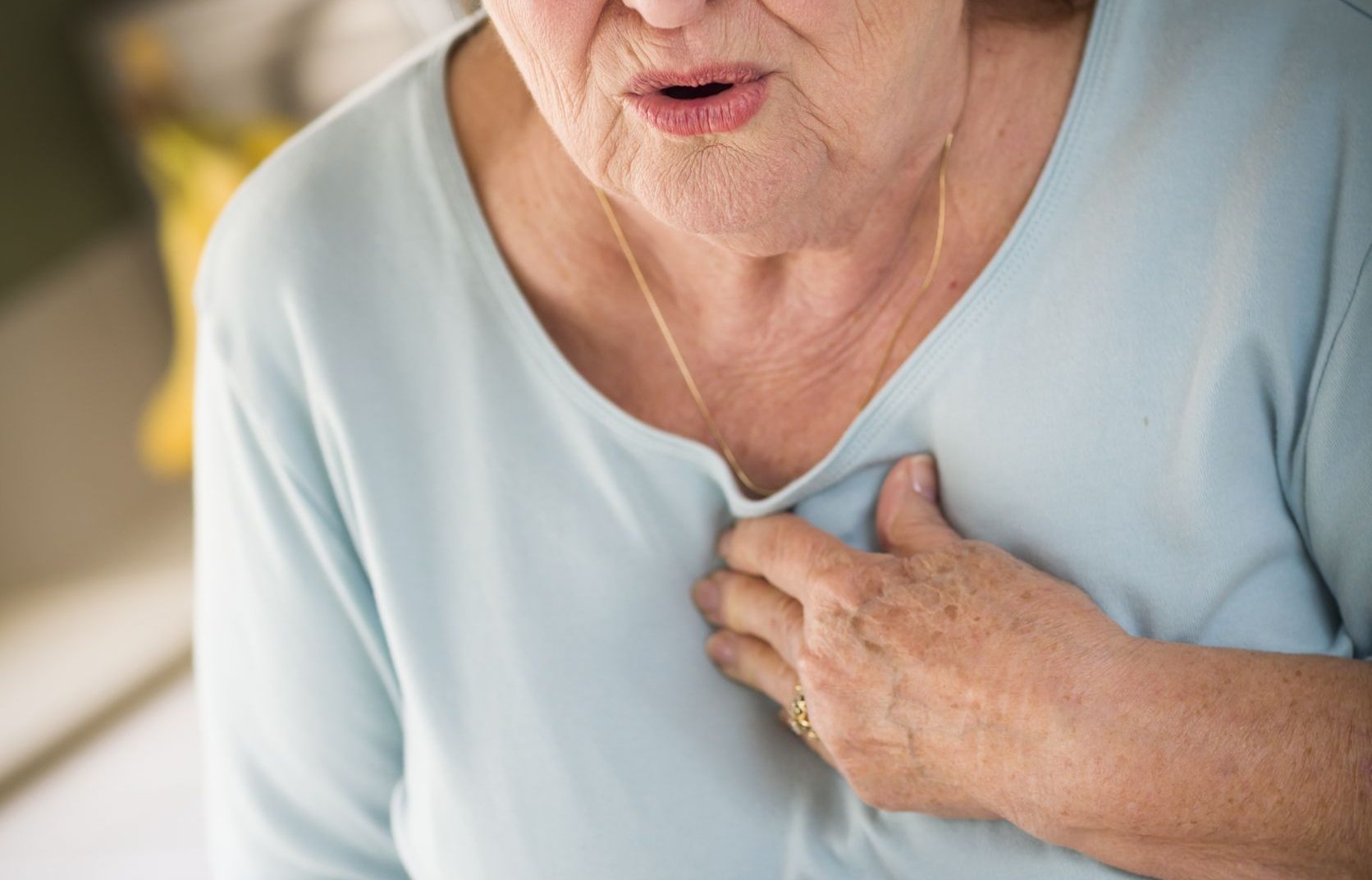For eons, cardiovascular diseases have taken a grievous toll on our lives. However, over time, with the advent of advanced technology and improved facilities, we have grown more aware and better informed about the ways to identify and manage heart ailments. Cardiac arrest and heart attacks are some of the most common, yet deadly heart complications. Given that they’re most sudden, people may fail to see it coming, leading to severity and death in certain cases.
That said, it is extremely crucial that we know when to take action. Here are some warning signs to watch out for. Cardiac arrest and heart attacks are some of the most common, yet deadly heart complications. Given that they’re most sudden, people may fail to see it coming, leading to severity and death in certain cases. That said, it is extremely crucial that we know when to take action. Here are some warning signs to watch out for.
Extreme anxiety and heart palpitations
People who suffer from heart ailments may experience bouts of anxiety and heart palpitations. Studies have also shown that people who deal with extreme anxiety from very early in their lives are more prone to heart disease. Anxiety can be an outcome of a stressful lifestyle or mental health disorders. Another common symptom of anxiety is an abnormally increased heart rate, also known as heart palpitations. People with irregular heart rates are often more likely to be at risk of heart complications.
Pain spreading towards the arm
Many people, before experiencing a heart attack, have reported pain and discomfort in the centre of the chest that lasts more than a few minutes. It can cause severe chest pain that comes and goes and over time spreads towards the arm, neck, jaw and other parts of the body. Left-arm pain is one of the most common symptoms of a heart attack. According to The American Heart Association, one should seek medical attention, if sudden left arm pain gets worse over a few minutes.
Nausea and loss of appetite
Problems of indigestion, abdominal pain, nausea and loss of appetite have been associated with cardiovascular diseases. Although these symptoms seem like common gastrointestinal ailments, one must be vigilant and seek all necessary attention.
Feeling lightheaded or falling unconscious
According to the Centre for Disease Control and Prevention, those suffering from heart conditions may feel weak, light-headed, or may faint. “You may also break out into a cold sweat,” the health agency adds. When the heart does not pump blood well and blood circulation to the brain is reduced, then it causes dizziness, leading to a loss of consciousness. That said, whenever you experience such an episode, it is important to contact your doctor and get your heart examined.
Your skin becomes pale or bluish
Your skin can also reveal a lot about how well your heart is functioning. While it is not the most common sign of all, when it does occur, it can be because your heart isn’t pumping enough blood, leading to reduced blood flow and a decrease in red blood cells. However, do not immediately panic at the sight of pale skin and seek medical help to differentiate the source of pale skin.

